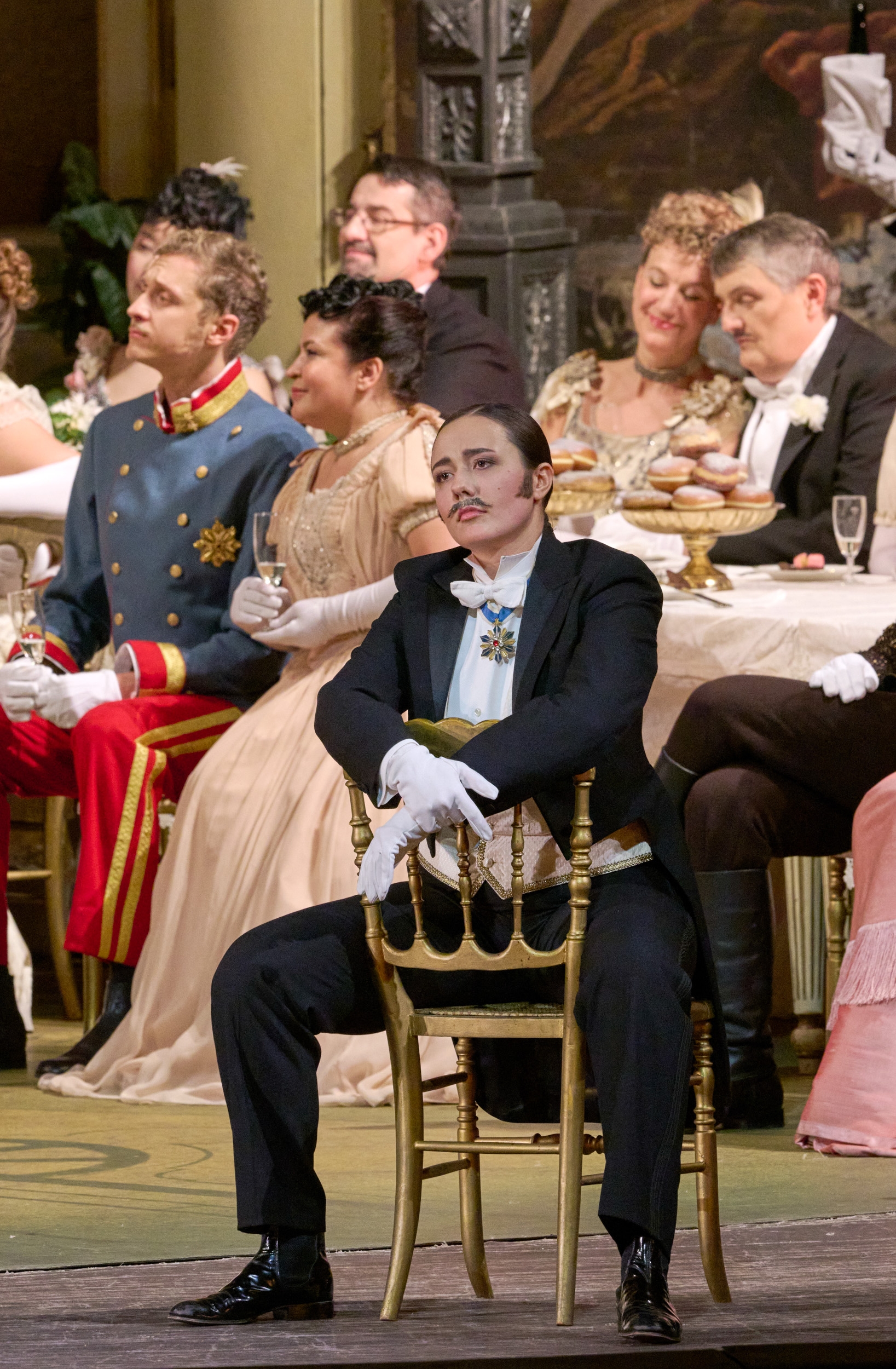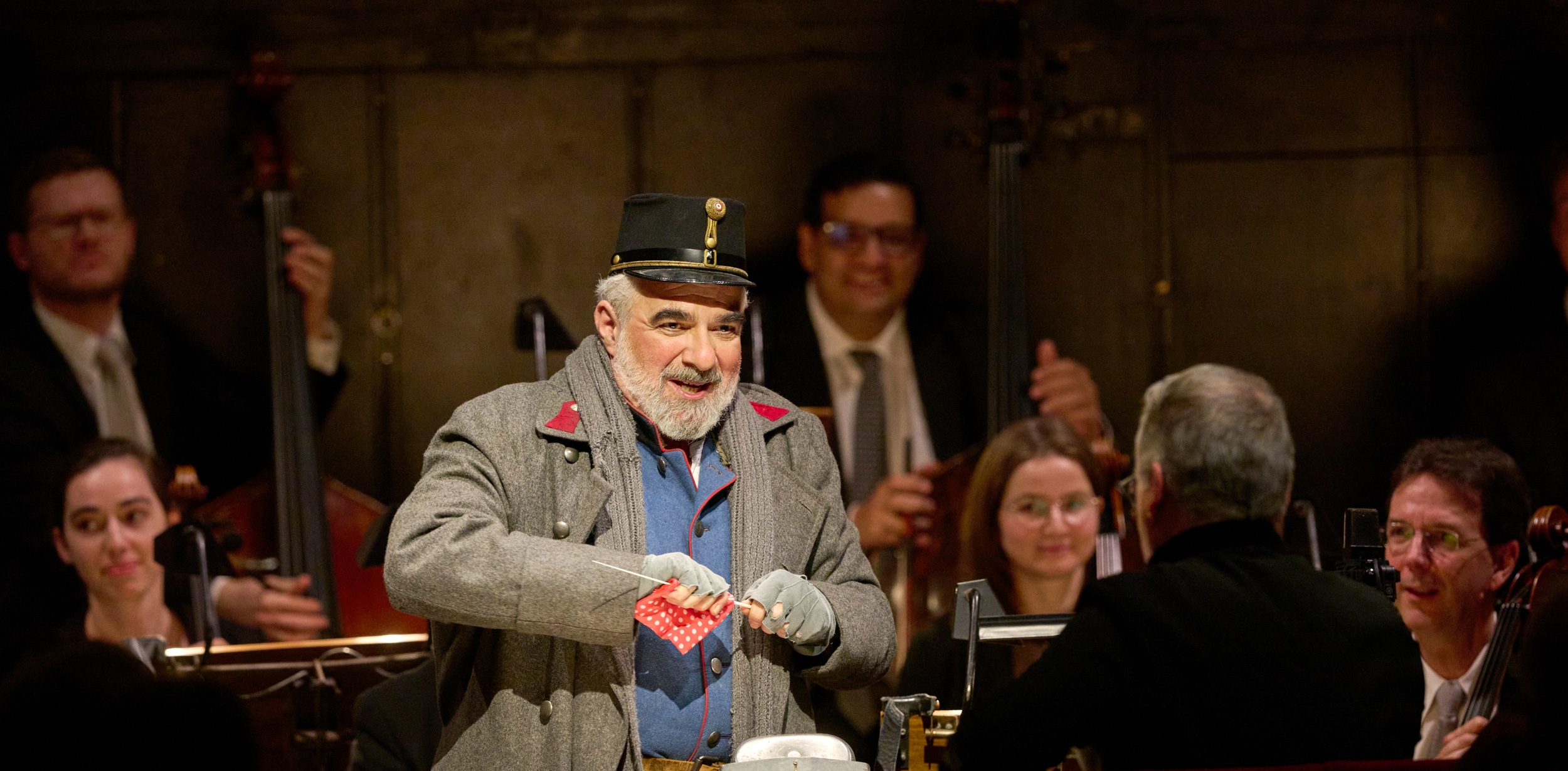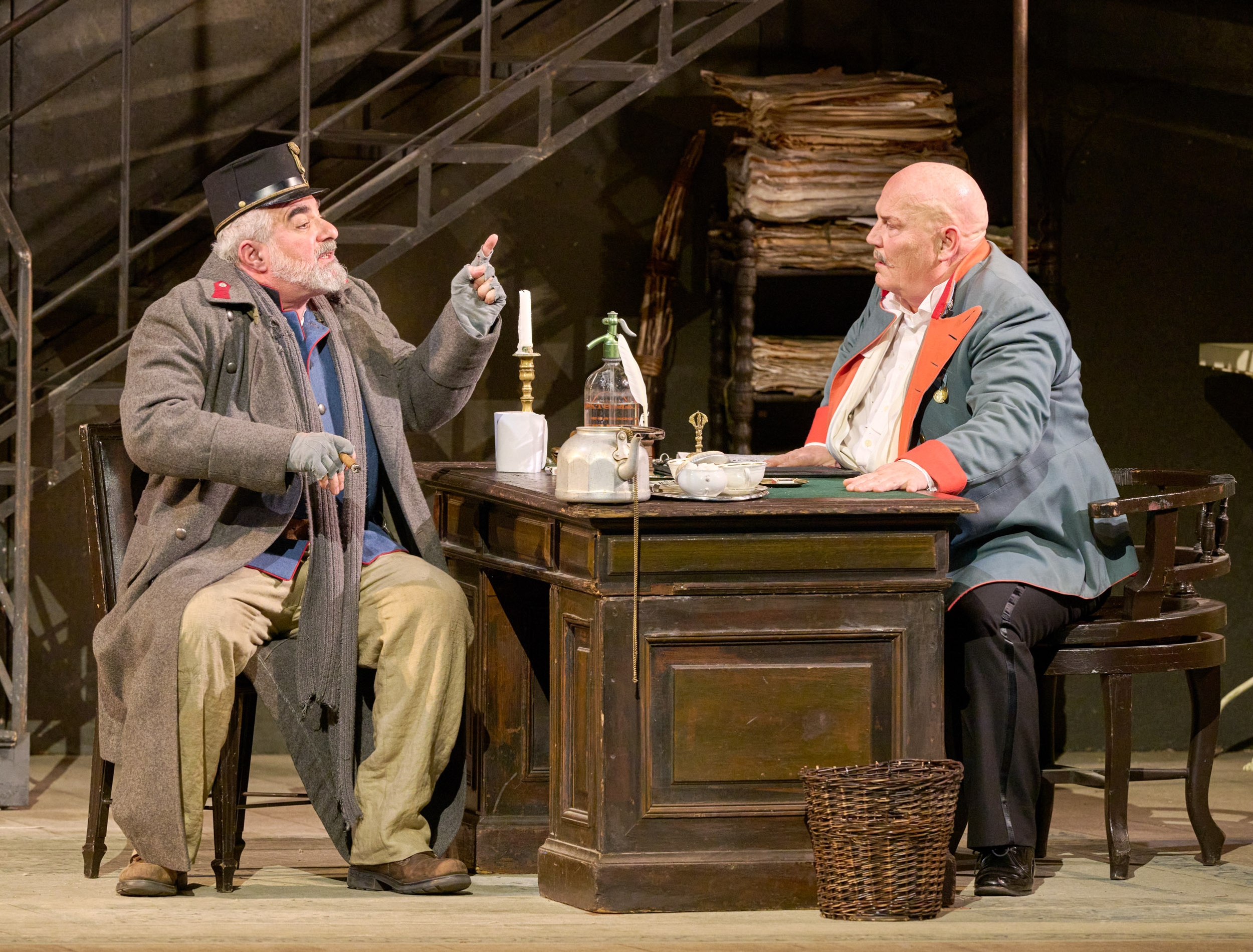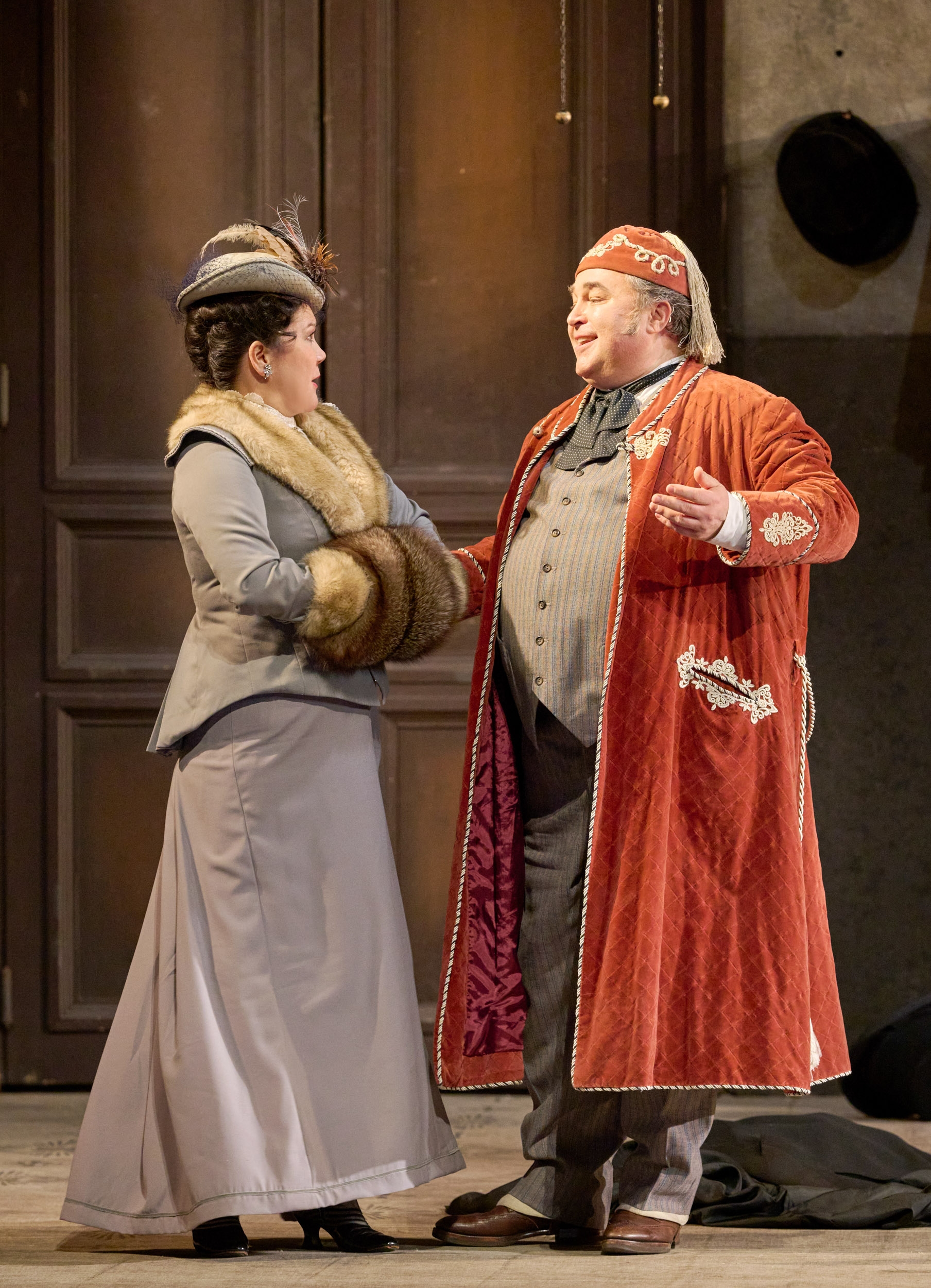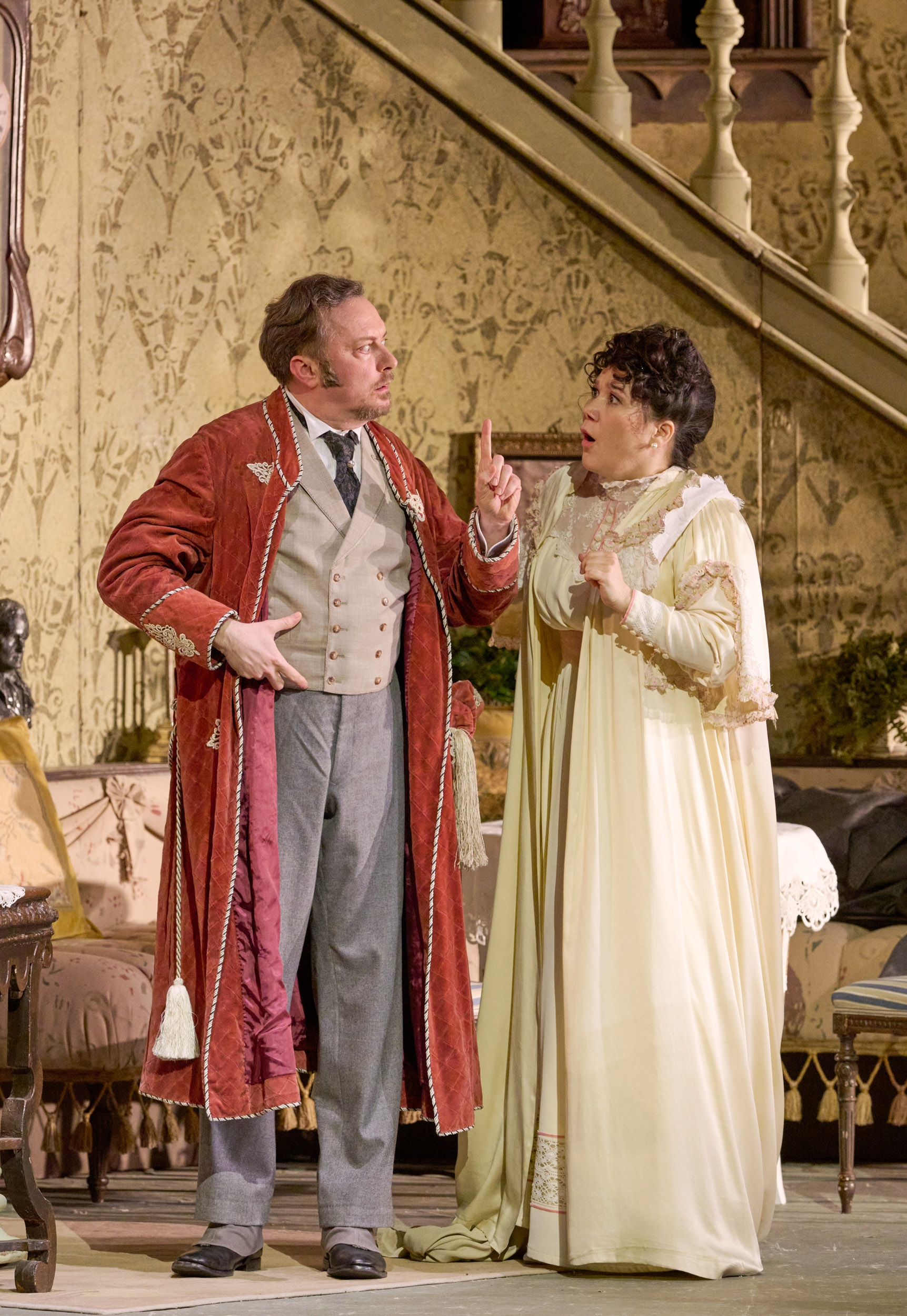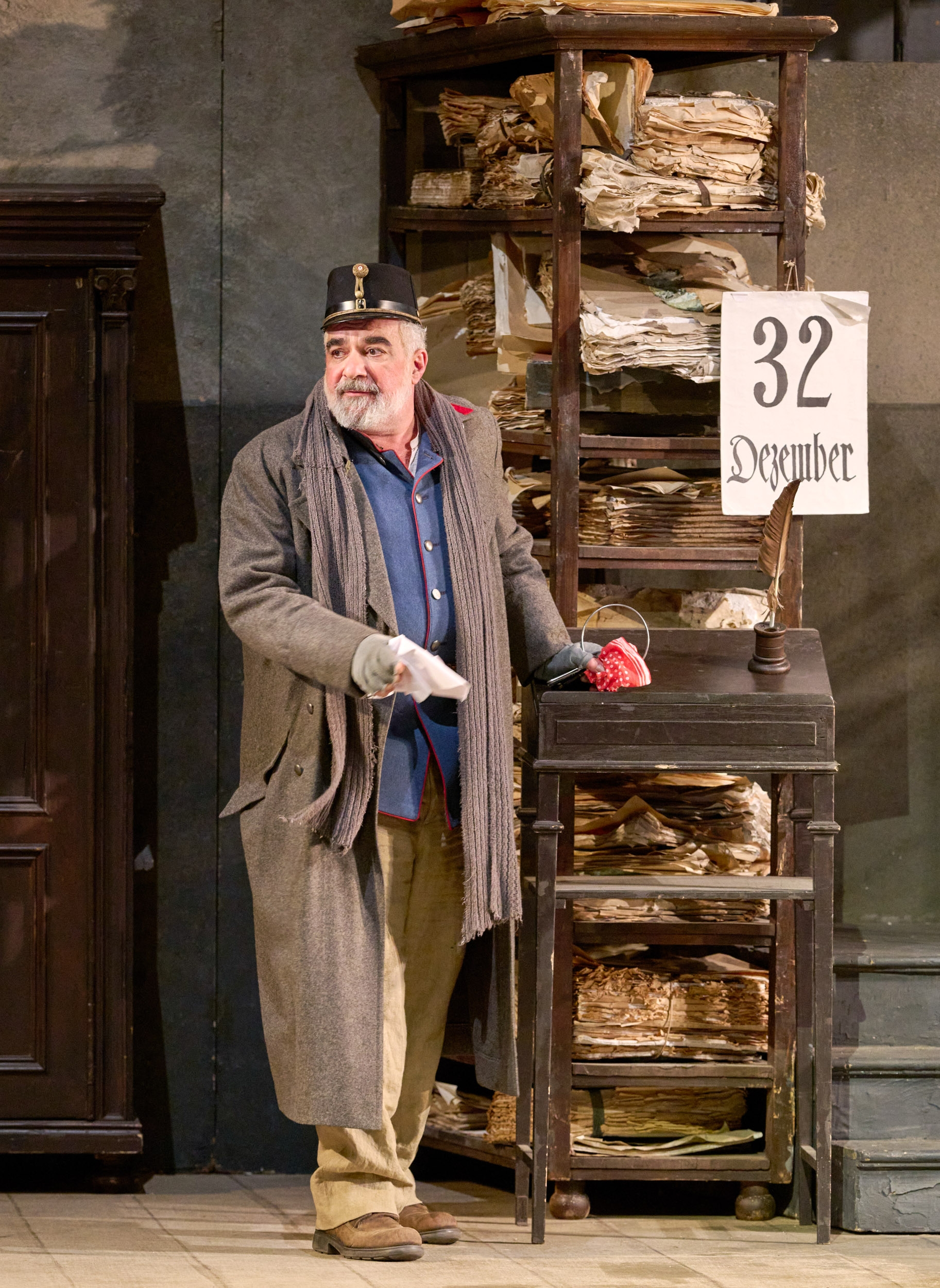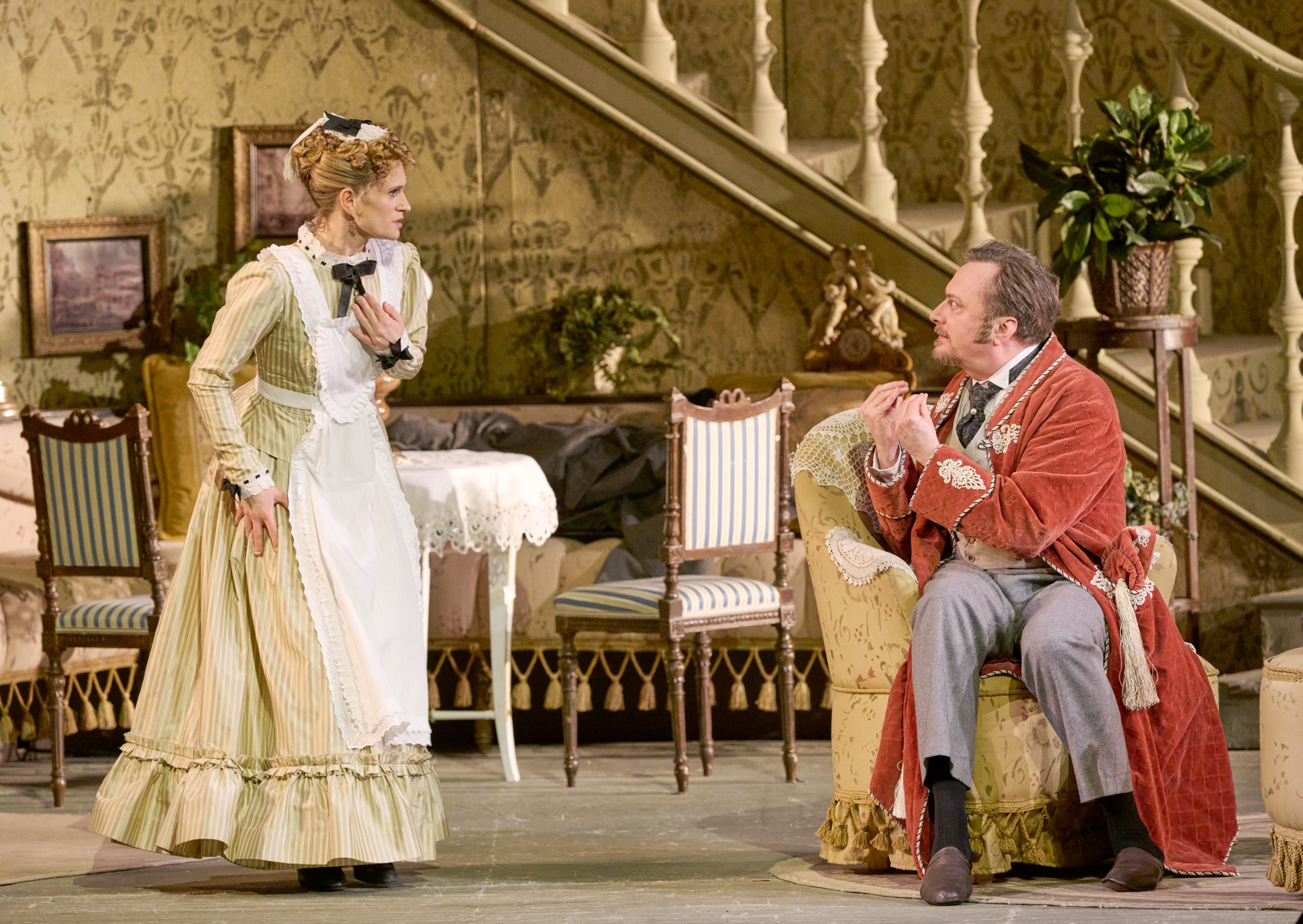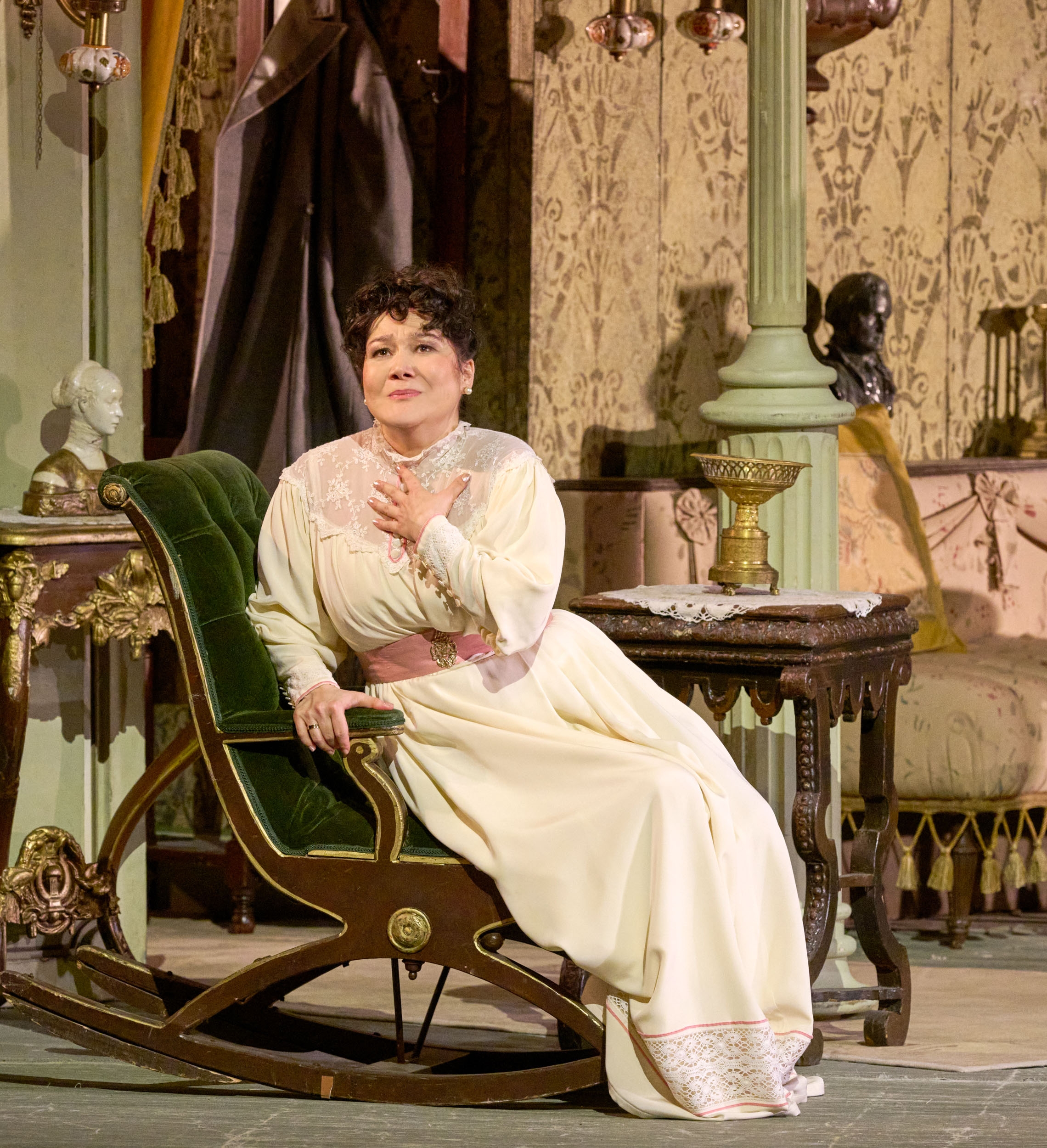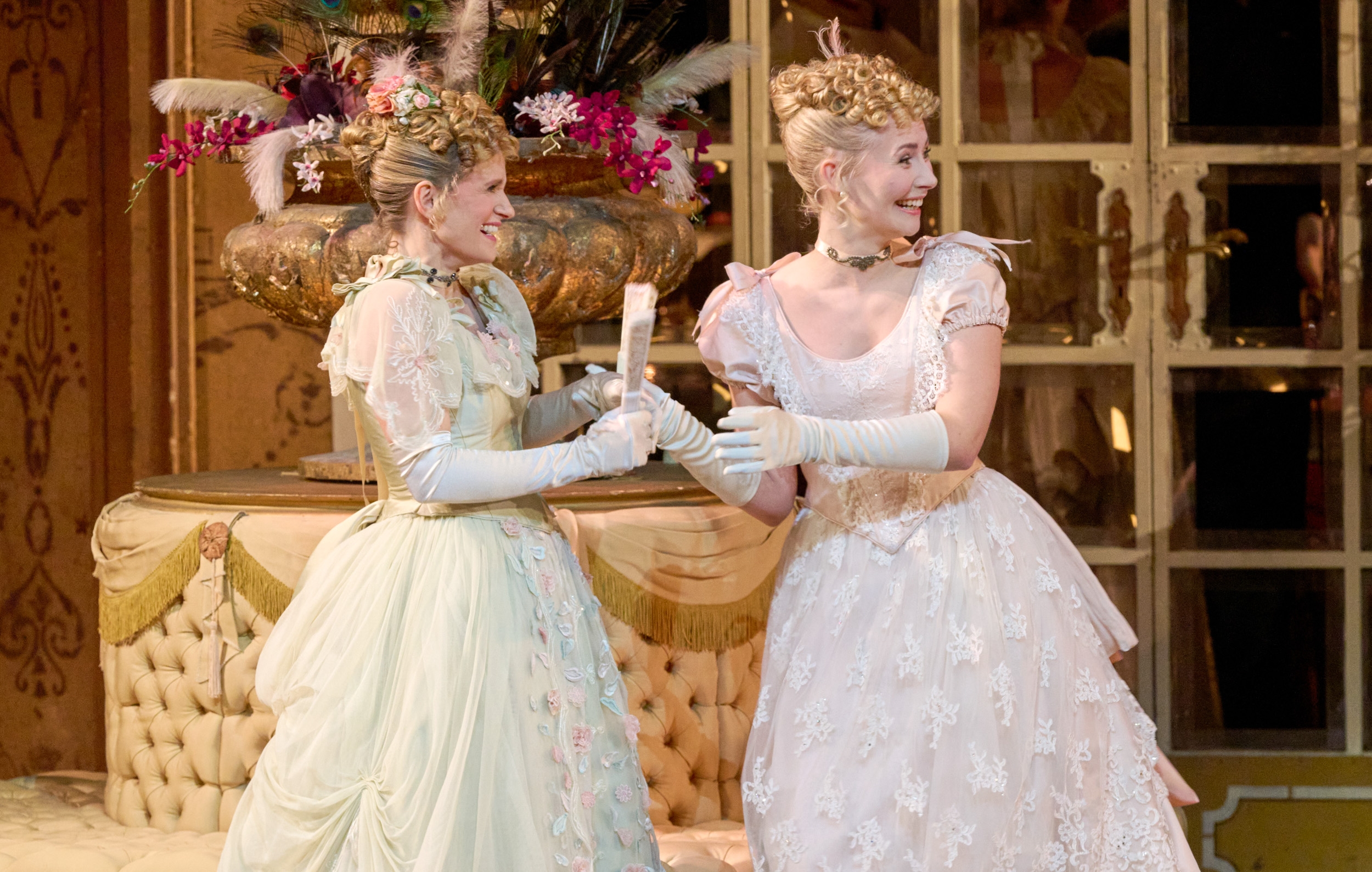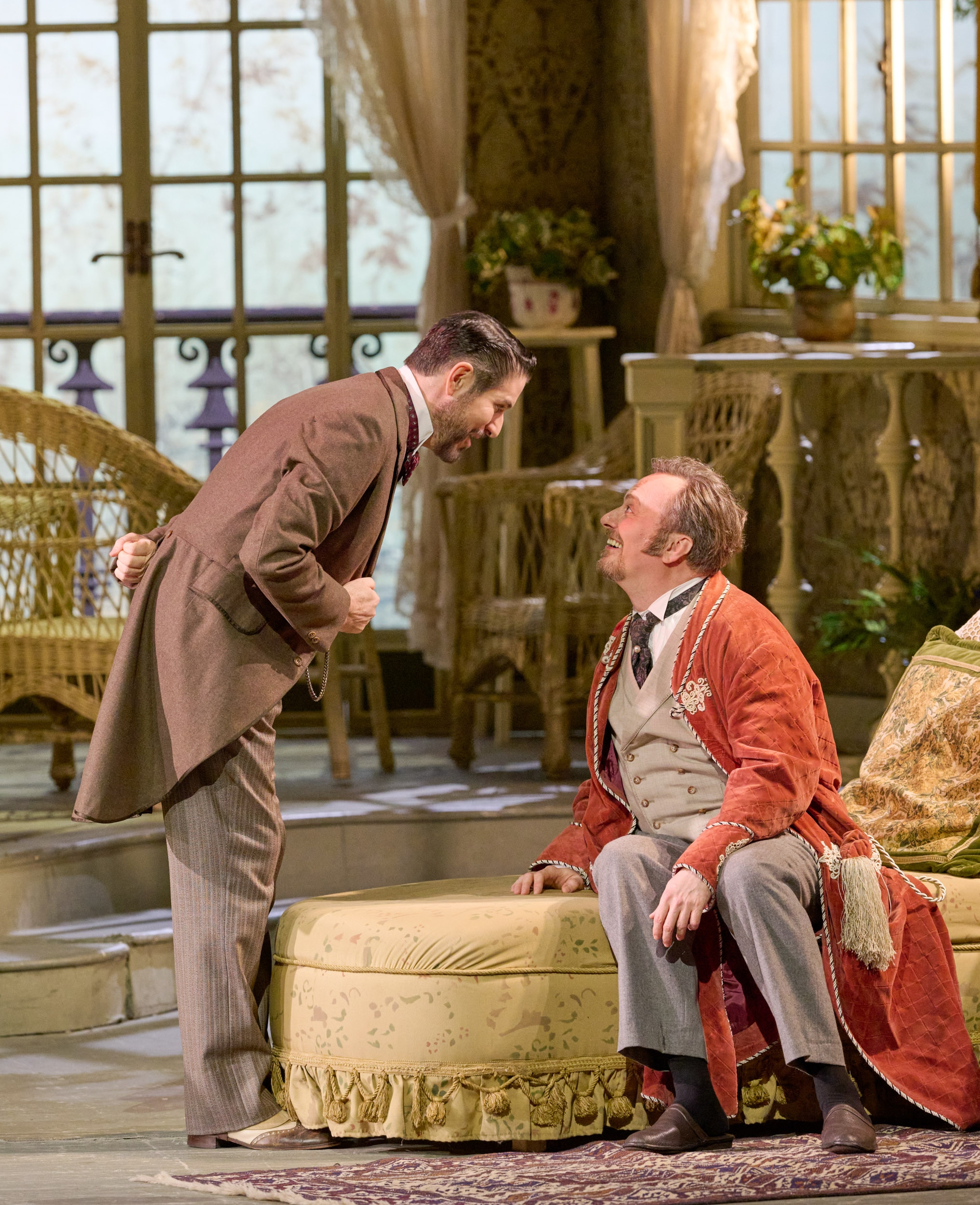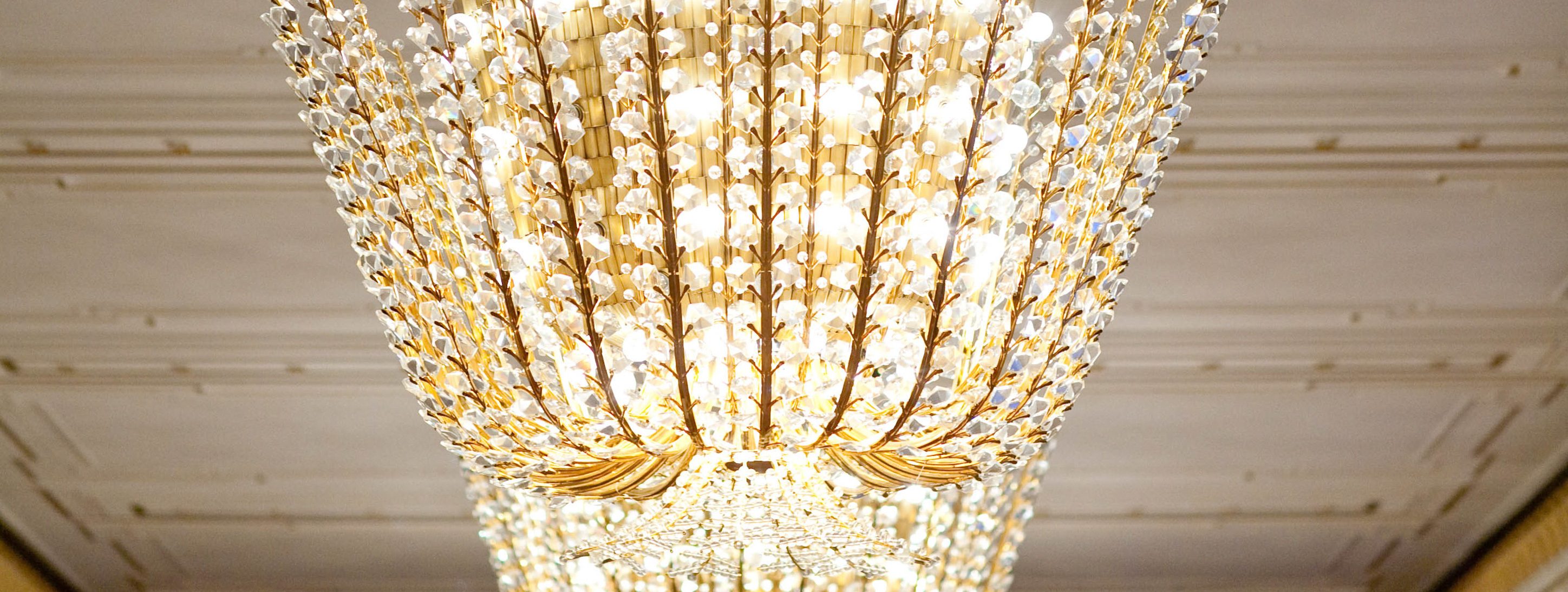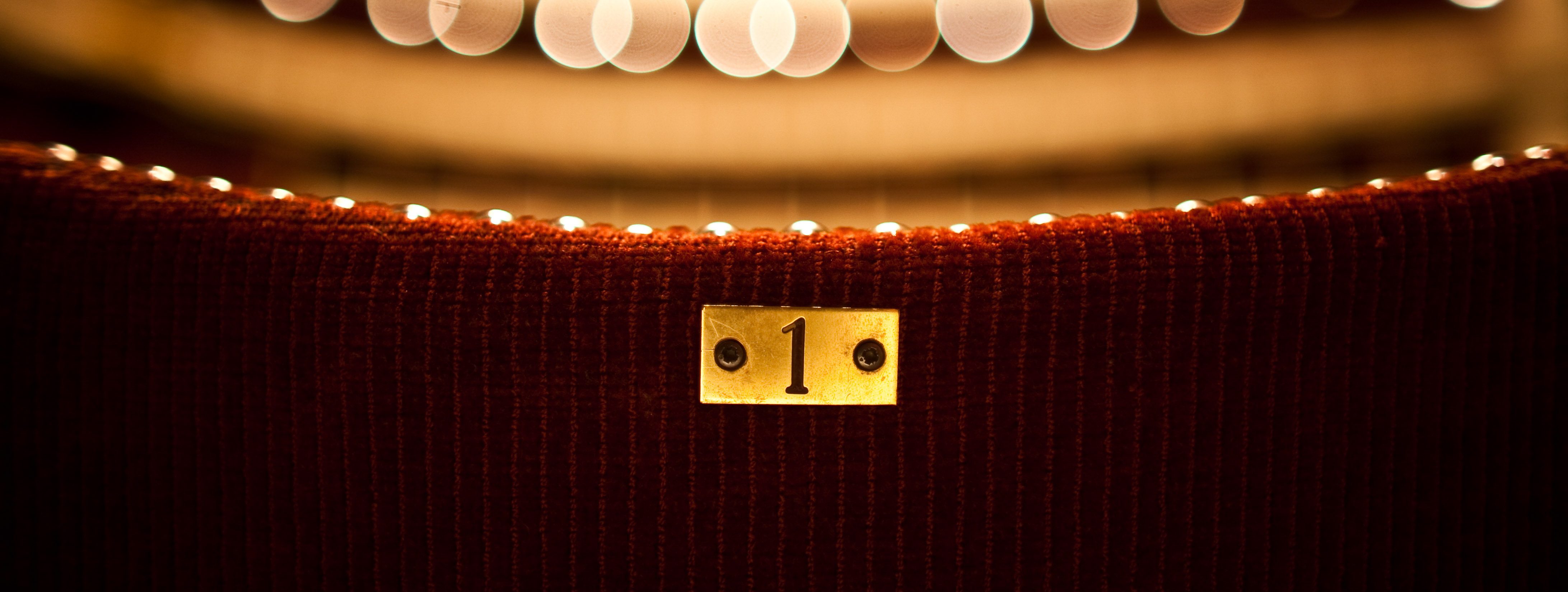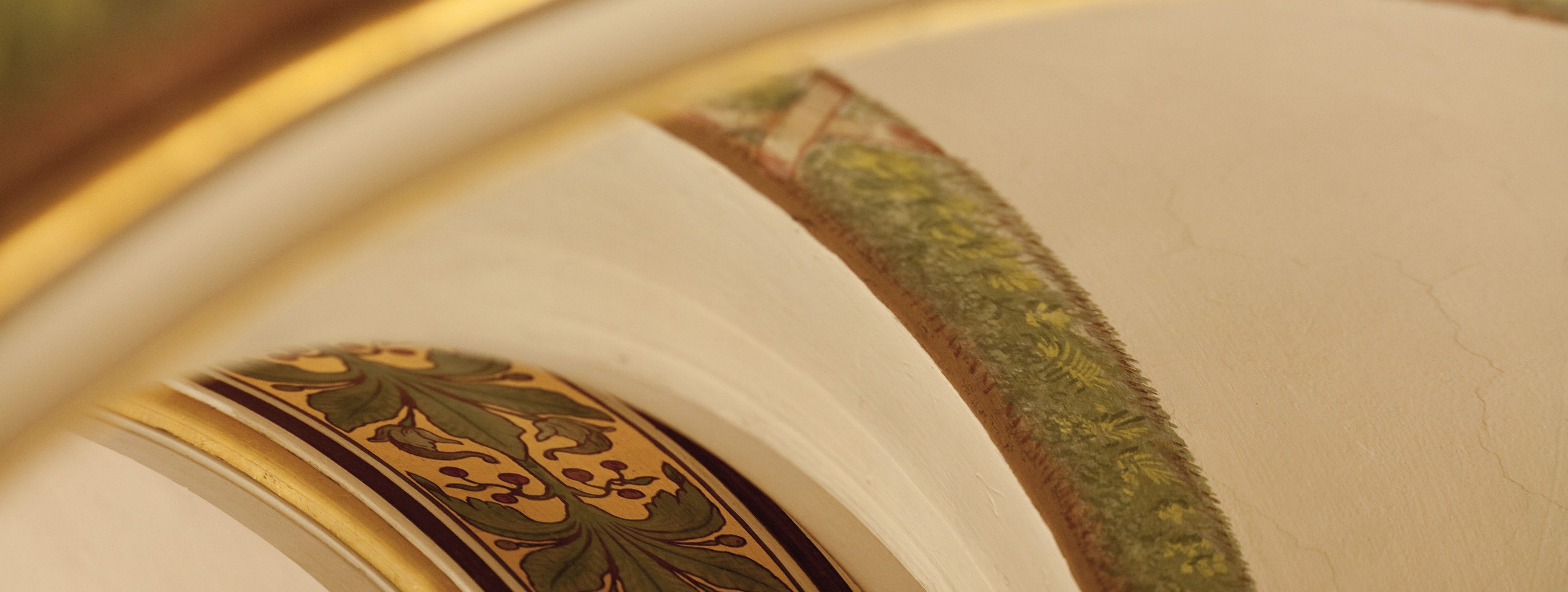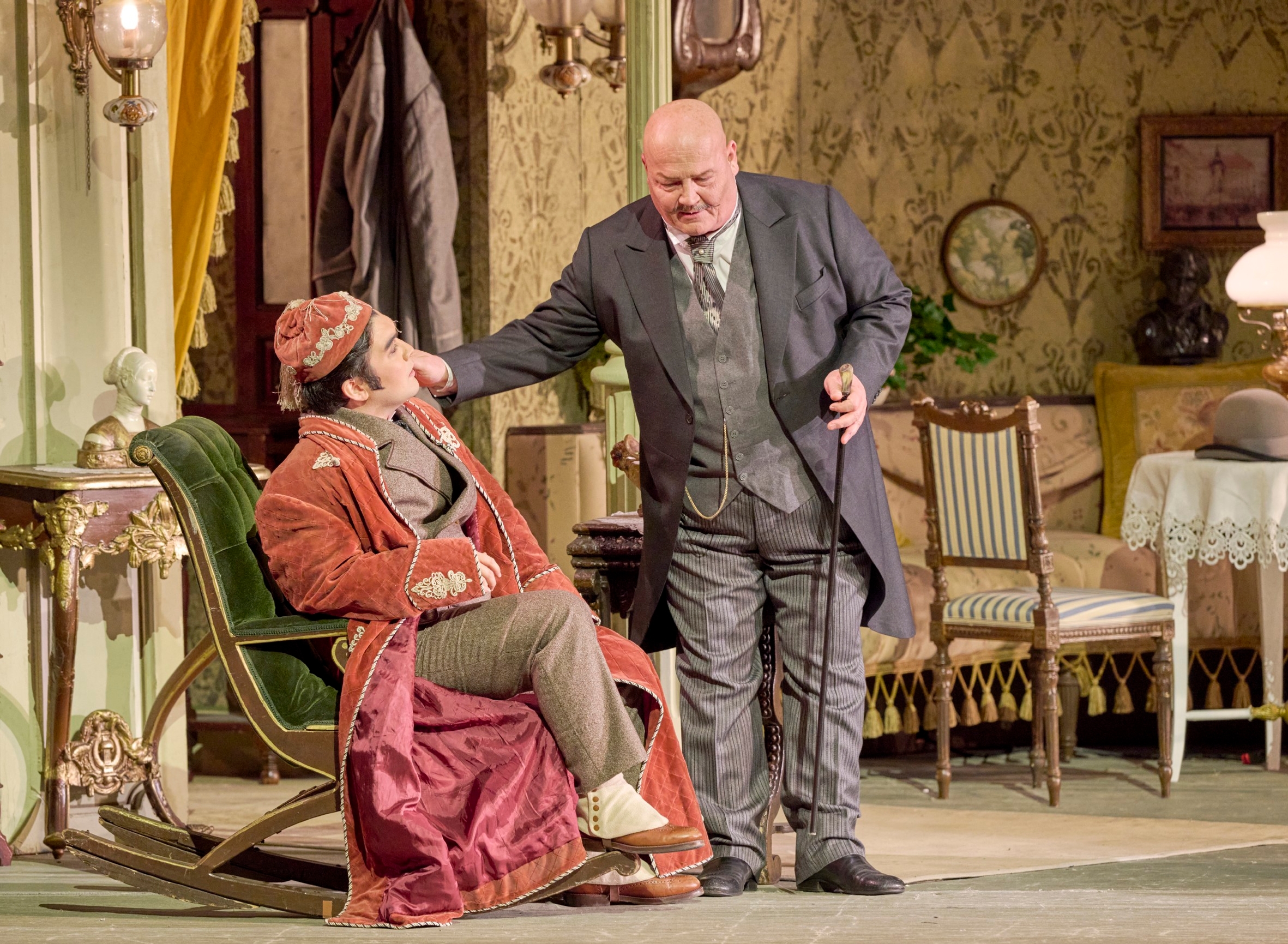
Short Summary
Intrigue, mistaken identities and amorous adventures in 19th century Vienna. The wealthy Gabriel von Eisenstein is sentenced to prison, but escapes his fate by going to a party.
There he meets old acquaintances, including his wife Rosalinde, who disguises herself as a mysterious stranger. Disguises, mistaken identities and unexpected twists and turns keep the guests on their toes as they get caught up in a whirlwind of music, champagne and intrigue. In the end, all misunderstandings are cleared up and the characters celebrate life and friendship.
Die
Fledermaus
Storyline
The plot revolves around the ball at Prince Orlofsky's. All the characters in Act 1 are magnetically drawn to it, with the exception of Alfred, the tenor in love with Rosalinde, who wanders comet-like on the fringes of the action:
The parlour maid Adele is invited there, as she believes, by her sister Ida and has to invent a touching story about a sick aunt in order to get out after some toing and froing, and her brother, the reindeer Eisenstein, is persuaded by his friend Dr. Falke persuades him to have fun with him at Orlofsky's instead of serving a prison sentence he has been given for insulting an official - of course, Dr. Falke is following his own plan, as Eisenstein once embarrassed him in front of the whole town when he let him walk home drunk and dressed as a bat after a masked ball.
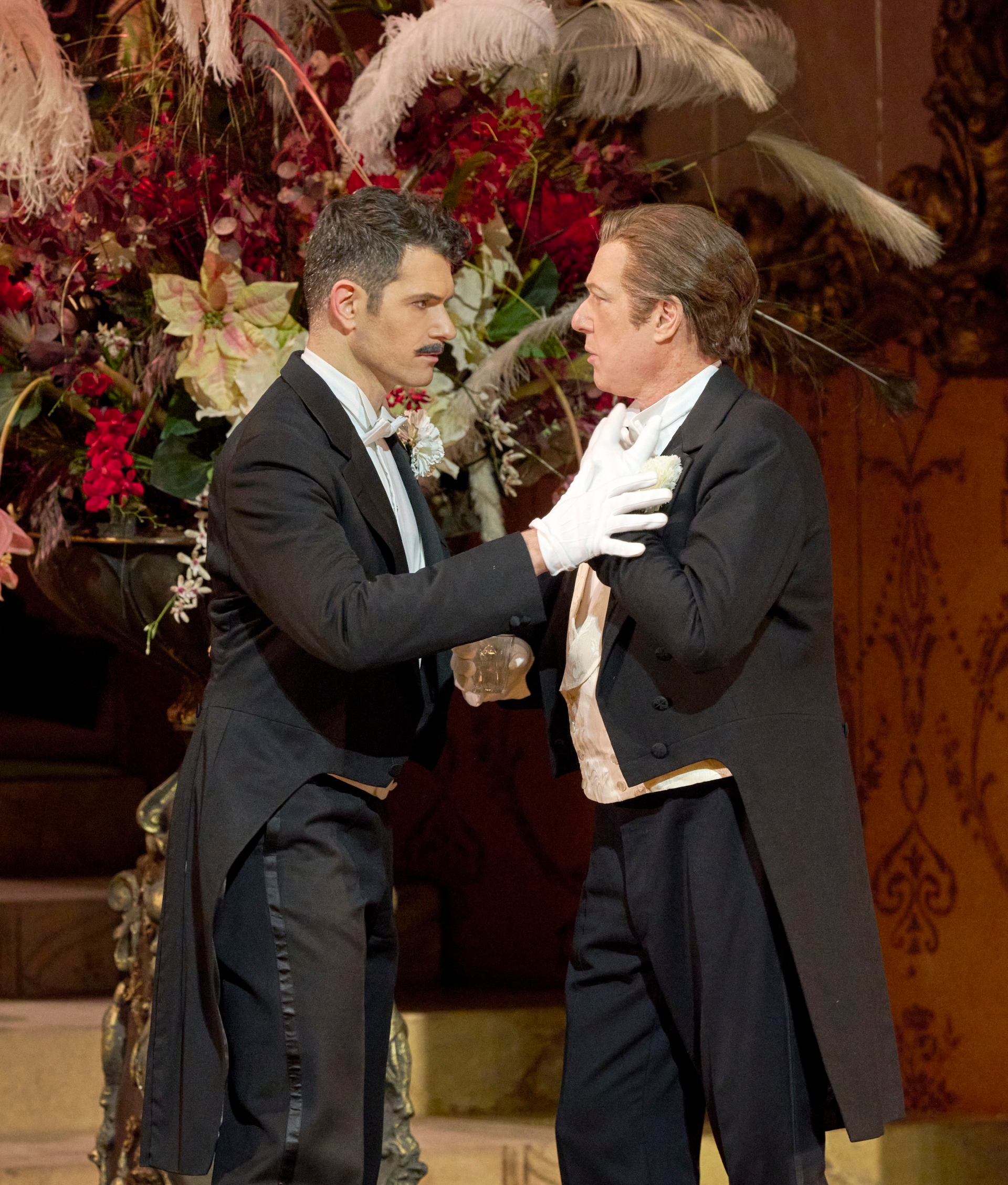
Falke now sees the opportunity for revenge. That is why he also invites Eisenstein's wife Rosalinde to the ball at the end. She is thrown into considerable confusion beforehand when, after Eisenstein's supposed departure to prison, her former admirer Alfred appears, presses her heart, but is arrested by prison warden Frank in Eisenstein's place. After this official act, Frank goes to the ball at Orlofsky's, satisfied.
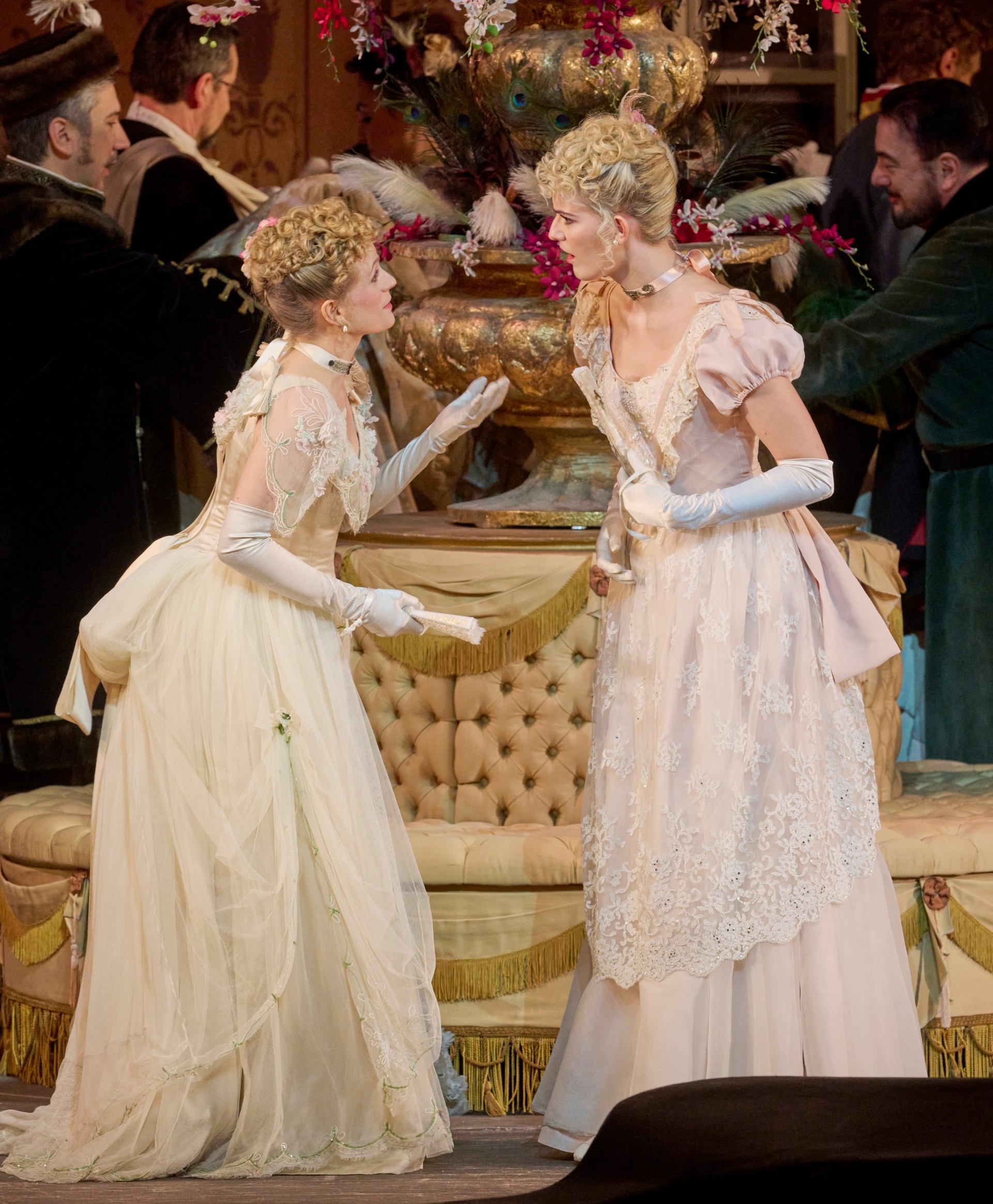
At Prince Orlofsky's ball, all the entanglements arranged by Dr. Falke work out for the best.
To his amazement, Eisenstein meets his maid Adele, who cheekily denies her identity, makes friends with the prison warden and finally falls in love with his own wife, who is dressed and masked as a Hungarian countess.
Act 3 unties the knots again. It takes place in the prison, which is given a dubious touch by the bailiff Frosch, who is never sober. Everyone arrives there one by one:
after the hungover warden Frank, first Adele, who is looking for a patron to train her dramatic talent, along with her sister Ida, then Eisenstein, who learns to his astonishment that he has already been locked up all night.

When Rosalinde also appears and, together with the arrested Alfred, demands a meeting with a notary, Eisenstein takes the place of the notary Dr. Blind in disguise and thus discovers the events of the previous evening. Fortunately, he is eventually persuaded that these were also part of Dr. Falke's revenge plan, and so everything turns out well, all the more so when Adele actually finds her patron in Prince Orlofsky.
Rarely has a work hit Vienna with such immediacy as Johann Strauss' "Die Fledermaus". From its premiere in 1874, the piece was performed at the highest level of density, and in 1894 it achieved court opera honors, remaining in the repertoire almost continuously ever since, and since 1900 almost always on New Year's Eve. The most famous of all operettas approaches varieties of erotic and social pretense with a happy and light hand and makes bourgeois façades dance, including political and social commentary.

